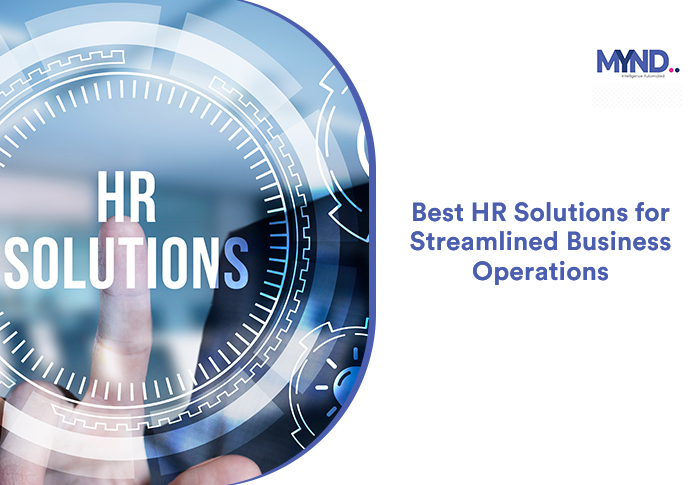A Guide to Statutory Compliance Services for 2025
 |
| A Guide to Statutory Compliance Services for 2025 |
Structural
compliance refers
to a predetermined set of rules that are drawn from the legal system and
outline the parameters that businesses must operate within. There are several
compliance domains, including:
- Labour laws
- Direct taxation
- Indirect taxation
There are several risks associated with non-compliance, including financial
losses and harm to the brand’s image.
While
adhering to these guidelines is essential, there are other challenges involved,
such as:
- There are many laws and regulations.
- Compliance processes are disjointed.
- The legal environment is always changing.
- Manual reporting is time-consuming and
frequently inaccurate.
- Staff members are not held accountable or
informed of compliance needs.
For these
reasons, businesses should hire statutory
compliance services providers that can manage
their compliance-related tasks. But there are many companies that offer these
kinds of services.
This guide
will assist businesses in identifying the right statutory compliance
services provider in 2025 by
outlining key strategies for selection.
Identifying
the Compliance Requirements
Businesses
need to understand the regulatory landscape in which they function. It is
essential to ascertain the specific laws, regulations, and industry standards
that are relevant to their firm. Important factors to take into account when
using this strategy:
- Industry-Specific
Regulations:
Businesses must ascertain whether regulations are applicable to their
specific industry, such as manufacturing, healthcare, or finance.
- Geographic
Regulations:
Businesses must consider any applicable regional, national, and
international laws, especially those that conduct business globally.
- Guidelines and
Procedures: It
is advised that they assess their own guidelines and procedures.
- Risk Assessment: They should conduct a risk
assessment in order to pinpoint any non-compliance areas and assign them
the proper priority.
Making a
List of Service Providers
By asking around or conducting an online search, businesses might discover a
number of service providers. If business owners desire compliance for specific
objectives, like HR, then they should search for statutory
compliance in HR. This can help them create a list. By applying the
identification process from the prior strategy, they may narrow down this list.
Assessing
Features of Services
Following the creation of the list, businesses should evaluate features of
services that might help them manage their compliance processes, such as:
- Document
Management:
The service provider should efficiently store, organise, and retrieve
compliance paperwork.
- Automation: The provider should have
technology of automation to manage repetitive tasks like document
approvals.
- Analytics and
Reporting: The
provider should be efficient in providing reports in order to track
compliance indicators and even identify potential risks.
- Capabilities for
Integration:
The service provider should have a system that can seamlessly integrate
with the existing systems of the clients.
- Audit Trail: The service provider should
know how to maintain a thorough audit trail to monitor changes and
compliance-related activities.
Evaluating
Data Privacy and Security
Businesses can protect sensitive data, reduce risks, and uphold a positive
reputation by putting security and data privacy first. Businesses should think
about the following while selecting software:
- Data Encryption: Make sure the provider's
system protects sensitive data with robust encryption.
- Data Backup and Recovery: Confirm that the system has
reliable methods for data backup and recovery.
- Data Privacy Regulation Compliance: Verify that the system
conforms with all applicable data privacy regulations.
Examining
the Costs
Businesses may choose compliance software that fits inside their budget by
looking at the expenses of the selected program.
- Licencing Fees: Consider the upfront price as well as
recurring subscription charges.
- Implementation Costs: Take into account the price
of customisation, and implementation.
- Maintenance and Support Expenses: Take into account the price
of routine maintenance, upgrades, and technical assistance.
So, here is
the strategy that can help in finding the right service provider for managing
statutory companies.
A company
that has proven itself to be a reliable provider of these services is Mynd
Integrated Solutions. Through its statutory compliance software, it
offers compliance management services. Mynd provides these services under the
HR category. These services assist a range of Indian companies with
responsibilities pertaining to compliance and statutory labour regulations.
Depending
on the sector, area, or jurisdiction in India, these HR
statutory compliance services can be customised to satisfy all of the
clients' needs under various state-specific labour laws.
In the
financial solutions category, Mynd offers statutory filing and compliance
management services. Among these services are direct tax compliance and
indirect tax compliance (excise and GST).
All of its
services are run by dependable staff members who follow the highest standards
to guarantee excellence and customer satisfaction.
Conclusion
Businesses
should first determine their unique compliance requirements in order to select
the best statutory compliance software. They should identify their compliance
need and create a list of service providers accordingly. They should also take
into account features like document management, workflow automation, reporting
capabilities etc., while choosing the service provider. Examining the expenses
related to the selected program is also essential. Businesses can choose the
ideal service provider to reduce risks and expedite their compliance procedures
by using these strategies.
Mynd assists several Indian businesses, having years of experience with labour
regulations and compliance-related duties. Due to its state-of-the-art software
and best team, it proved to be a successful choice for many firms.



Comments
Post a Comment